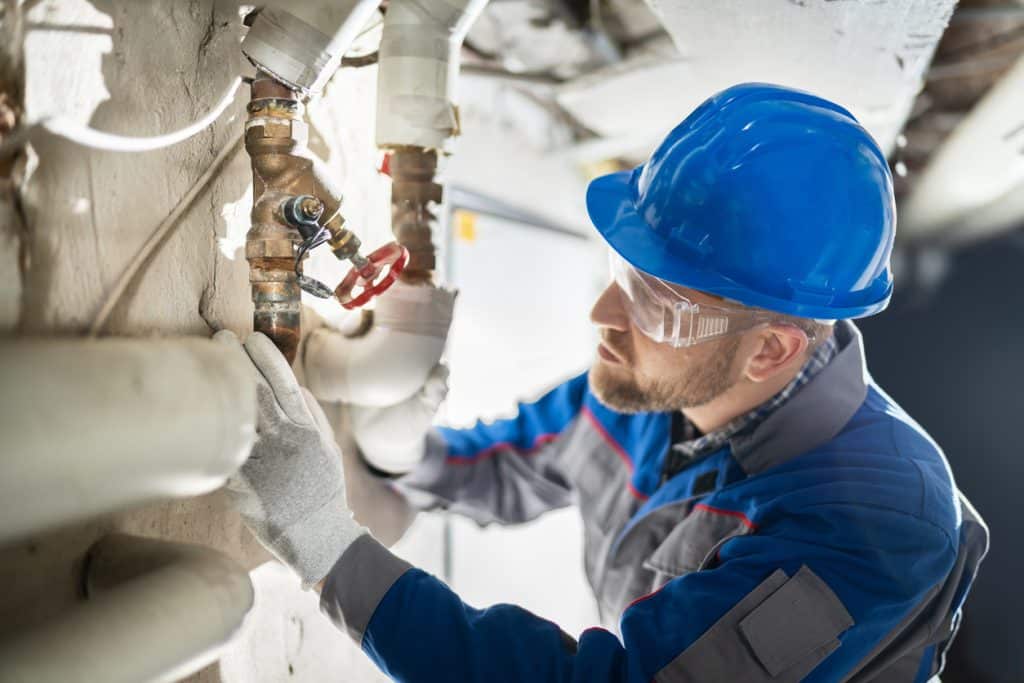Temperatures can drop below freezing in some parts of the country during winter. Below-freezing temperatures can negatively affect your pipes. Your home’s outside plumbing has a higher risk of cracking or freezing, which causes leaks. There are several things you can do to avoid these costly repairs.
1. Drain Your Water Heater
Your water heater will get more use during the winter. If you live in an area with hard water, sediment can build up in the tank, which causes rust. A rusty system has a better chance of failing and flooding your home or allowing rust into your drinking water. Drain your water heater system to check for rust before winter. Our plumbers can inspect and fix a system with significant wear and tear.
2. Insulate Your Pipes
Pipes can burst or freeze when temperatures are below freezing, which can cause flooding. Water damage can be extensive if you aren’t home to shut the water off. Pipe insulation can trap warm air and protect your pipes from cold winds. Fiberglass insulation is the best at trapping heat, but some cheaper materials include rubber and foam. You can DIY easy-access plumbing, such as under your sink. Our plumbers can insulate vulnerable pipes, including the ones in crawl spaces, attics, and outdoor walls. While wind chill is a factor, pipes are most in danger when temperatures drop below 20 degrees.
3. Clean Your Sump Pump
A sump pump protects a basement from flooding. When the temperature drops below 20 degrees, a sump pump can break or freeze and flood your basement after heavy rain. Inspect and clean your sump pump before the colder weather arrives to protect your home. Your power can go out in areas with multiple winter storms. To solve this issue, you can get a sump pump that runs on a generator.
4. Close and Drain Shut-Off Valves That Lead Outside
Seal off extra lines leading outside to protect your home’s plumbing during winter. Outdoor pipes are away from your heating system and insulation. Water sitting in the plumbing may freeze and burst the pipe. A small leak can lead to more issues if you don’t notice the problem. Seal extra interior shut-off valves connected to outside faucets for the colder season. If you’re not using your garden hoses, there’s no reason to leave the lines going outside open.
5. Clean Your Outdoor Drains
Leaves and debris can clog outdoor drains during autumn. Leaves covering drains block water during winter and may freeze. Clean your outdoor drains throughout autumn and winter so water can properly drain. If you notice standing water, you may need a plumber to inspect your drains.
Winter plumbing leaks can be expensive and hard to notice. There are several things to do before and during winter to avoid a worst-case scenario. If you’re in Bethel Park, PA, and notice pipe issues, call us at G. I. Plumbing to schedule a plumbing inspection today.
